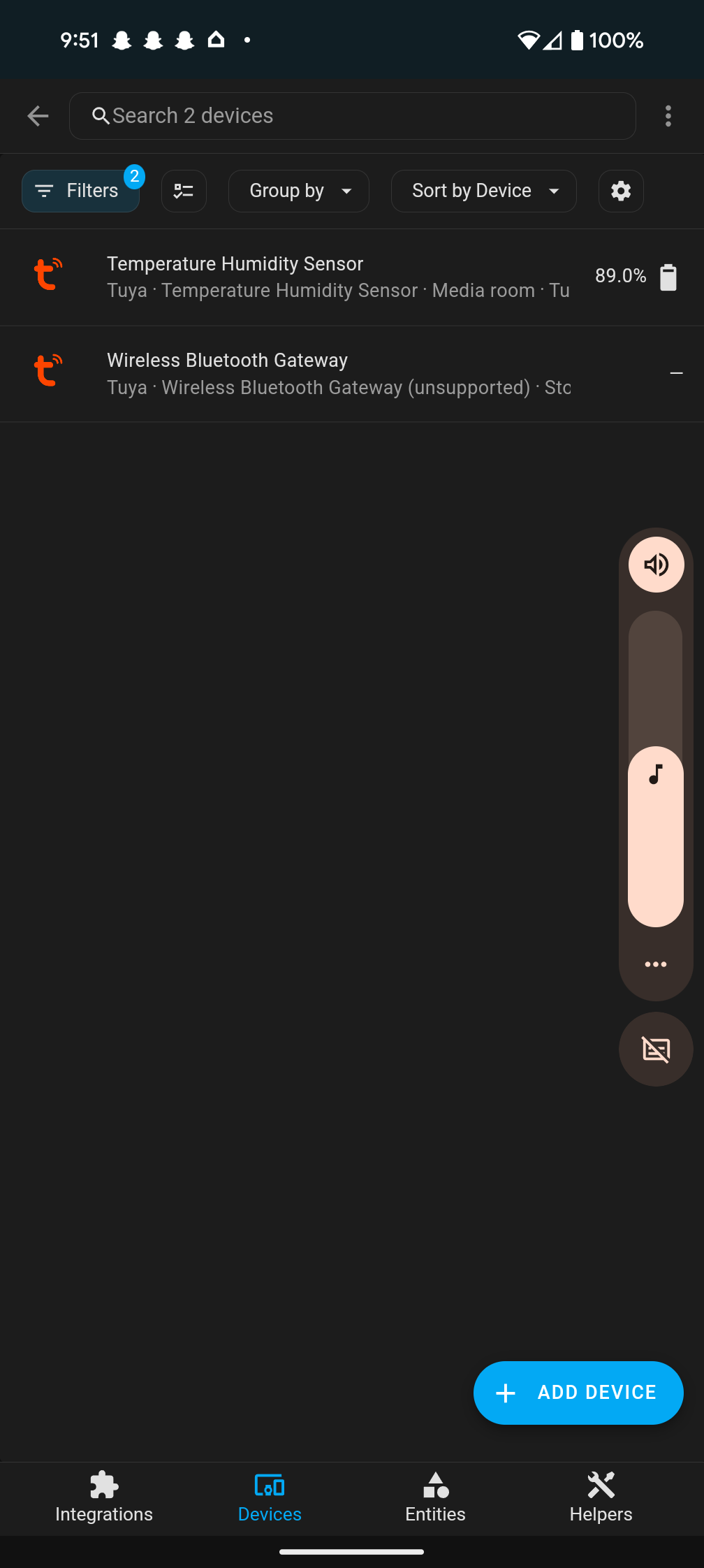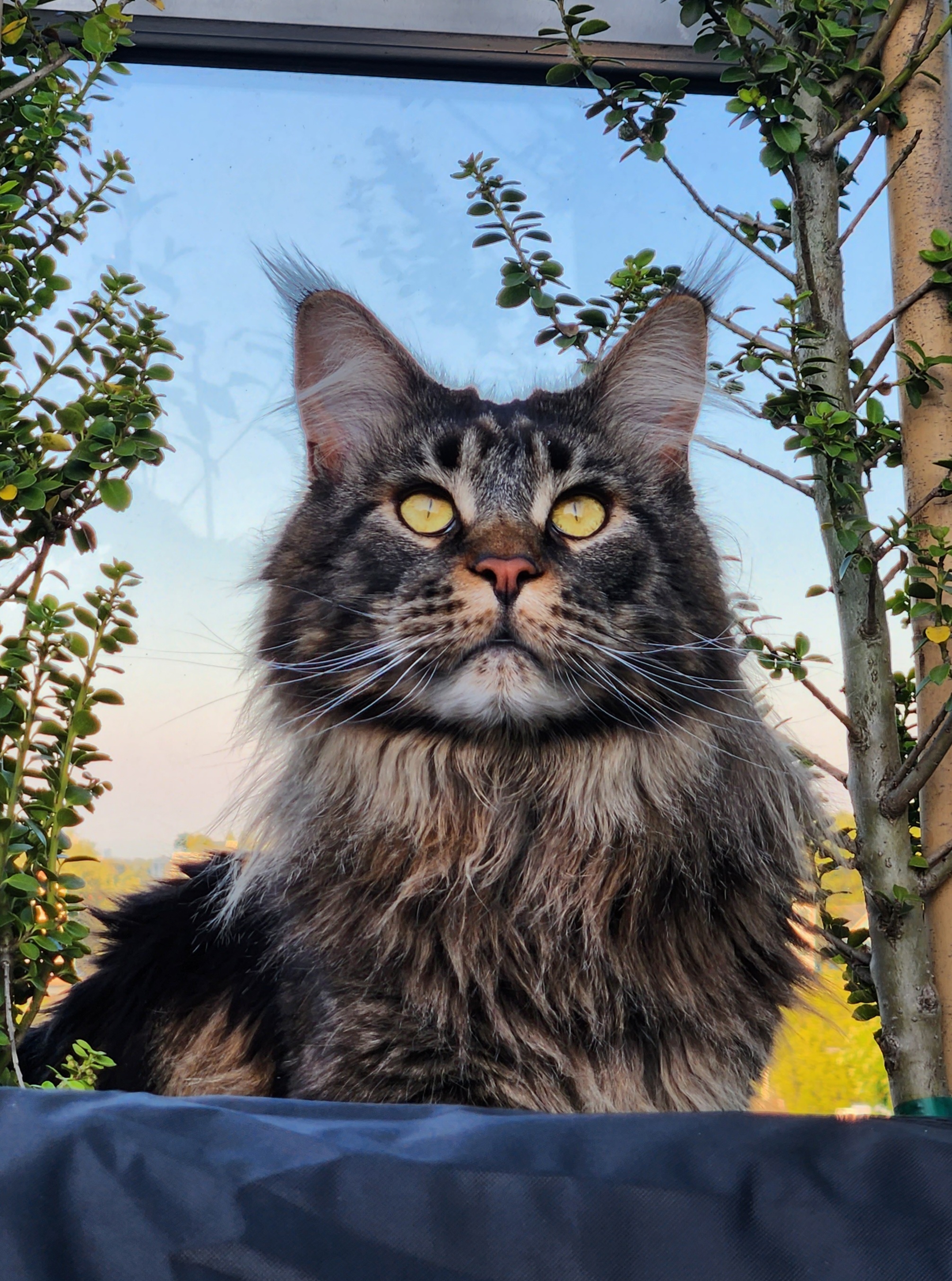For the past few years I’ve been wrestling with Aeotec sensors (purchased because they seemed to be highly recommended everywhere). First it was spending weeks trying to get Z-Wave JS UI (nothing better than this??) to perform firmware upgrades, then replacing a Z-Stick 7 with an older version due to unfixable bugs in that, and now it’s on again / off again factory resetting and connecting the sensors back to the controller.
As time has passed my wife and I have essentially forgotten about automating anything based on temperature or presence. I replace the batteries in sensors from time to time (since they’re never not showing 100%) with no effect.
I ask because I’m planning on buying some Aqara devices that depend on WiFi. Preferably I’d like to use something other than WiFi since it’s usually the extremely congested 2.4 GHz band.
Not sure what you’re looking at but I’m using aqara’s Bluetooth devices, and it’s working without a hitch. Worth considering Bluetooth devices and a Bluetooth bridge if the device you’re looking at has a Bluetooth version.
I may just go the Aqara route, I gave Z-Wave a shot and wished it were better but I’m really burned out.
The thing I’ll miss is air temperature — I have electric space heaters that are dependent on that. Currently I have a handful of Aeotec MultiSensor 7 that handle that.
Something to consider then!
I’m currently using the AQIA brand Bluetooth temperature and humidity sensor for my basement. Aqia is just rebranded Tuya products sold via microcenter but they work fantastically for my purposes.
https://www.microcenter.com/product/670757/aqia-bluetooth-temperature-and-humidity-sensor https://www.microcenter.com/product/670756/aqia-bluetooth-wireless-gateway

I just got an Aqara M3 hub as well as the temperature sensors today, and I’m already kind of wishing I hadn’t.
It’s next to impossible to get an Ethernet cable and/or power cable into the damn hub. It got my WiFi credentials but refuses to connect to it since I used Ethernet during setup.
Now I’m struggling to add it to Dockerized Home Assistant. I was under the impression Aqara was becoming Home Assistant “certified” but Home Assistant’s Thread/Matter support seems like trash.
Currently pulling another Docker image to my burdened Raspberry Pi 4. It ran out of disk space.
Just frustrated and not understanding why all this is so difficult. I can’t imagine what I’d do if I weren’t a big programming computer geek. They really sell this shit to normal people?
Man, I’m really sorry! My experience was super quick and easy. I added the hub (via wifi) then I added my temp sensor and added the Integration to home assistant.
Are you able to factory reset your hub and just start from scratch? Frustrating to do but if it leads to ease of use maybe worth considering?
You know, I think I was rushing through things too fast after a day of programming for 8 hours with close to no breaks.
After I calmed down, ate dinner and came back to it in a more leisurely fashion I found it to be pretty easy.
I think what got me was that I’m not too familiar with Matter and Thread, so having to have another Docker container going was unexpected and frankly I wasn’t in the mood to learn anything new.
The sensors seem to be reporting happily and often. I’m pretty impressed so far (other than the ports on the hub, but I can live with that).
Awesome! I avoided going the matter route because it’s very very new to me except at a surface level.
How is it for you? Something worth switching to or not yet?
Maybe, I mainly used it just to connect to Home Assistant. I already channel everything into it for it to control everything, so I’m not really doing things like connecting Aqara and Hue for example.
It’s just you. Have you considered zigbee?
I really don’t understand how it’s just me though. One MultiSensor 7 completely fell off the network, requiring a factory reset. After factory resetting supposedly I’m supposed to tap the button to get a solid yellow for inclusion, but after two factory resets tapping it once is a solid green.
It really feels like this is just garbage, backward technology.
I’ve got Philips hue lights that use Zigbee but I thought it also tried to hog 2.4 GHz spectrum; though I’m more open to it as of late considering my horrible luck with Z-Wave.
Zigbee and wifi do clash a bit more, but after I set my channels I’ve never had problems: https://www.metageek.com/training/resources/zigbee-wifi-coexistence/
My zwave has been bulletproof though. I suspect something is wrong with your setup, I assume you’ve tried things like healing the network?
Is your stick on a USB extension cable or hub extended away from your pc? That can help quite a bit.
I’m in an urban environment where I’m surrounded by people using crappy ISP-supplied routers set to broadcast 2.4 GHz at maximum power.
Personally I use a Ubiquiti U6-Pro with bandwidth steering to 5 GHz because the 2.4 GHz side is just trash (even with nightly channel optimization). I’d love to simply shut off 2.4 GHz but a lot of IoT insists on using it (god knows why).
As far as the Z-Wave controller, it’s an Aeotec 5th generation Z-Stick but no, I’m not using a USB extension. I’m in a tiny apartment with the Raspberry Pi 4 it’s plugged into in the middle of the apartment. I’ve only got four sensors using Z-Wave but it’s always been horribly unreliable.
For what it’s worth, about once per year the Philips hue lights just fall off and I end up factory resetting those too (I always mistakenly try to change the Zigbee channel when they’ve already disappeared).



